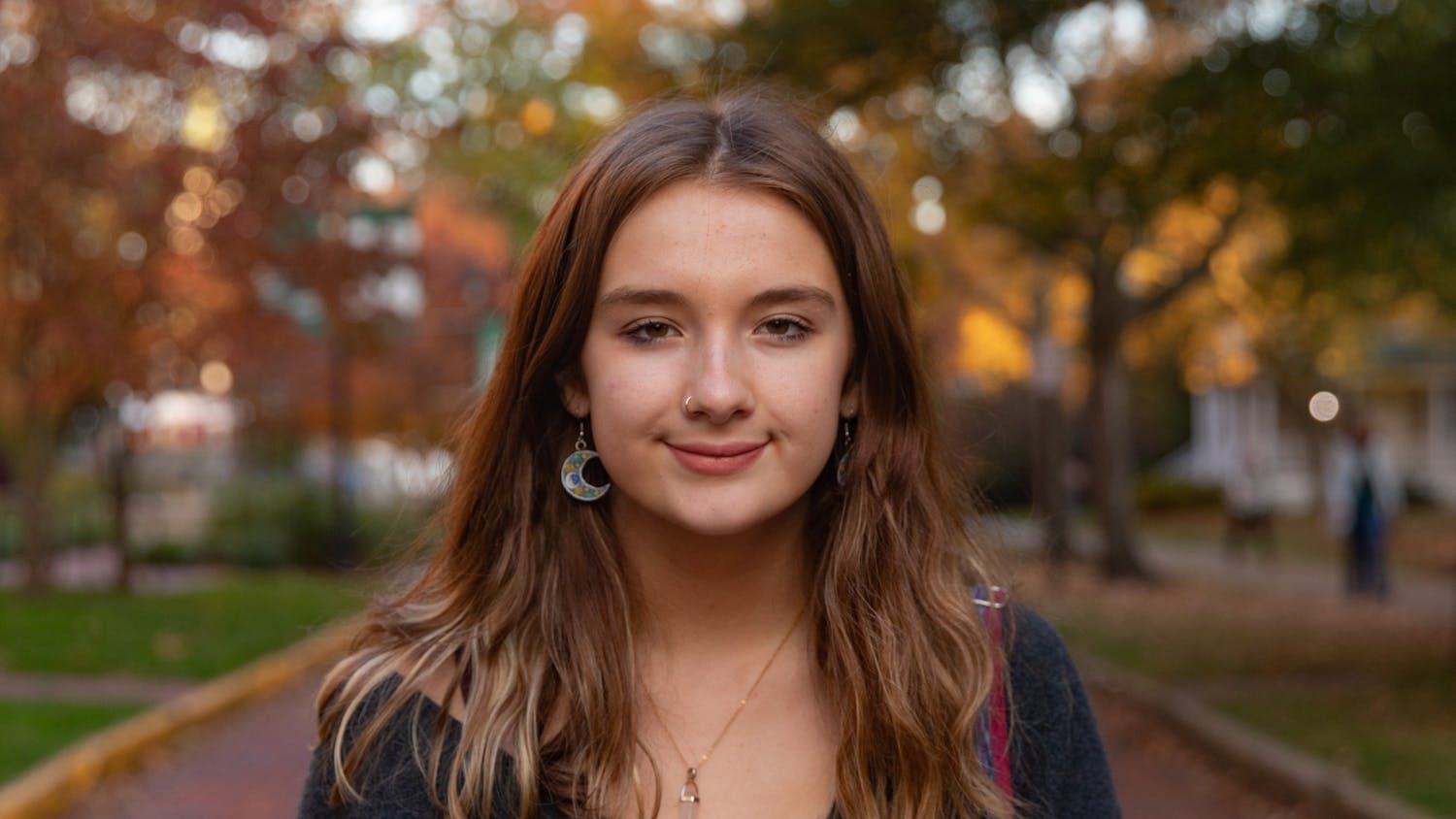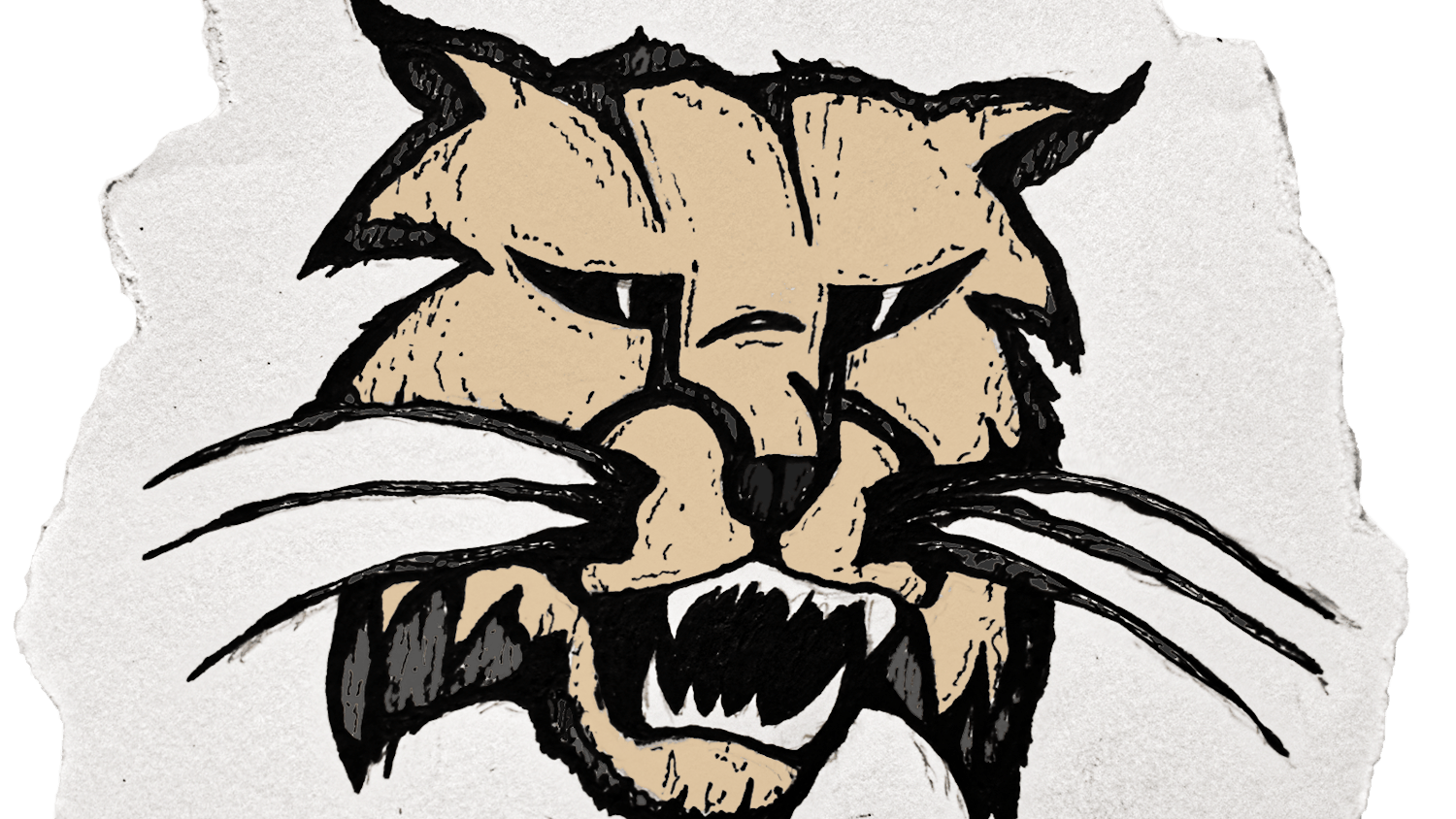In the early hours of Monday, Feb. 6, Turkish and Syrian citizens were awoken to a 7.8-magnitude earthquake. The epicenter of the earthquake was the city of Kahramanmaraş, close to Gaziantep, a large city in the southeastern part of Turkey. Less than 10 hours later, the aftershock of the initial earthquake came in the form of a 7.5-magnitude earthquake, north of Gaziantep.
The earthquake’s effects were enormous, with reverberations from it felt in Iraq, Israel, Lebanon and Jordan. However, it is reported the greatest amount of devastation occurred in northern Syria and southeastern Turkey. It is estimated 5,600 buildings were destroyed in Turkey and 5,000 people died within the first 24 hours following.
The death toll continues to climb at an astronomical rate for a number of reasons. For one, many people were inside when the earthquake struck, and many of the buildings were not built to withstand the impact, causing a lot of them to “pancake” on top of each other. Turkey and Syria are also in the middle of winter where temperatures can be below freezing. Cold rain fell during the day on Monday over the rubble, and the temperature was below freezing during night time. Those who are trapped underneath rubble also face the impending threat of hypothermia.
A third factor is that because of the mass destruction the earthquake caused, relief efforts are more difficult to bring in. Highways, bridges and even airports are destroyed, preventing some help from arriving. The fourth reason for the death rate climbing at an astronomical rate is the earthquake has put further stress on a region of the world with a lot of tension already. Gaziantep specifically is located right next to the Turkey-Syria border and is home to nearly 500,000 refugees alone.
As of the time this article was written, anywhere from 33,000 to 36,000 people in Turkey and Syria are dead as a result of the earthquake. That statistic does not even take into account the immense amount of the population injured or still under the rubble as well as the number of displaced persons. This earthquake disaster has become the deadliest in the world in more than a decade.
For Hakan Karaaytu, a teaching fellow, and Merve Ocak, a graduate student studying linguistics, it is a new kind of heartbreak to watch their home country undergo this mass destruction while being almost 6,000 miles away from their home country of Turkey.
Karaaytu and Ocak were actually together when they heard the news of the devastation. They were at dinner to celebrate another friend and Ocak turned to Karaaytu, grabbed his arm and whispered, “7.8.”
“I understood what she said, but my brain just rejected it,” Karaaytu said.
Karaaytu and Ocak spent the rest of the night trying to remain calm while absorbing as much news as they could on Twitter to find out what was happening in their country. Both of them got little-to-no sleep that night, just trying to see the extent of the damage and make sure their loved ones were okay.
Karaaytu teaches on Mondays and tries to limit his social media intake on Sunday night, but he said this was a totally different story.
“I have to be careful for Sunday,” he said. “That’s my rule, but I totally lost my control.”
Karaaytu and Ocak both immediately recognized the immense loss the tragedy was to the nation, both saying the entire country is in mourning. Karaaytu compared it to 9/11 to help others understand the severity. After 9/11, around 3,000 people died. The death toll is now more than twelve times that number.
“I didn't lose anyone,” Ocak said. “You know, like my loved ones are healthy, but I feel like I lost everything right now. I feel like I lost my country basically.”
Ocak said that nobody is immune to the pain, saying everyone knows at least one person who was lost. Karaaytu said he went through his followers on Instagram and contacted everyone to make sure they were okay.
“Imagine you’re in a funeral,” Ocak said. “The whole country is in a funeral.”
Ocak and Karaaytu said they both felt an element of guilt being away from their families and being safe from the destruction. Even the simplest task of taking a shower reminds Karaaytu of the pain others are in and how little access they have to basic privileges.
In an effort to help their community and do their part, Karaaytu and Ocak along with other Bobcats have organized a donation campaign to send relief and aid to those in need. The campaign, titled “Bobcats for Earthquake Survivors,” is collecting money to send to AHBAP. The organization is a NGO, or a nonprofit that operates independently from the government, and is raising money to help with recovery in Turkey.
Karaaytu and Ocak are hoping to drum up support for their cause by tabling outside Baker Center and the Alumni Gateway, as well as hosting a bake sale from Feb. 13 through Feb. 16.
“What we want to do is we want to include Bobcats because our family is here,” Karaaytu said. “We want to touch our friends and family because we feel like OU is our family.”
All parties interested in donating can Venmo the username @BobcatsForEarthquake1804 or send a PayPal to @Bobcatsearthquake. Karaaytu was adamant that he and Ocak would deeply appreciate any donation no matter the amount.
“If you just watch, we are going to lose our minds,” Karaaytu said. “So that’s why we need action. Action is going to keep us busy, action is going to make us feel a little better.”






